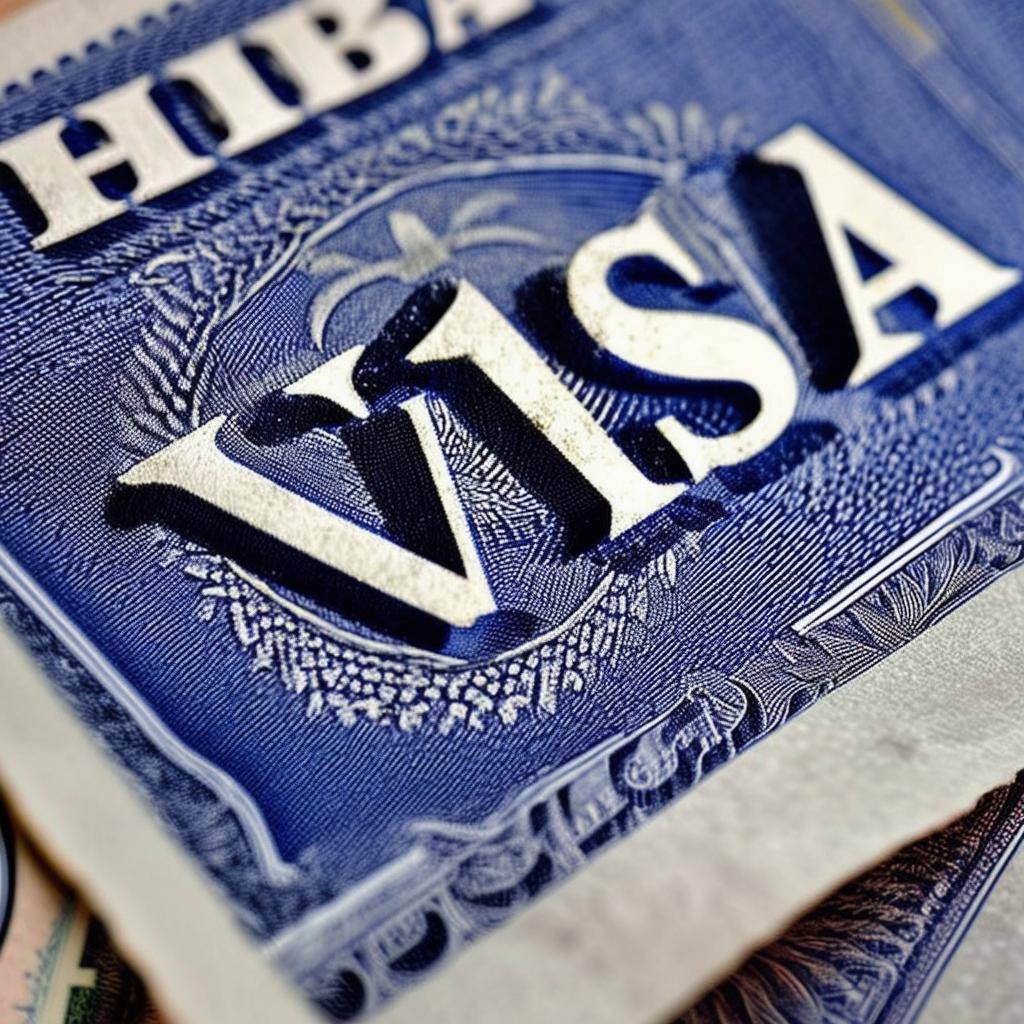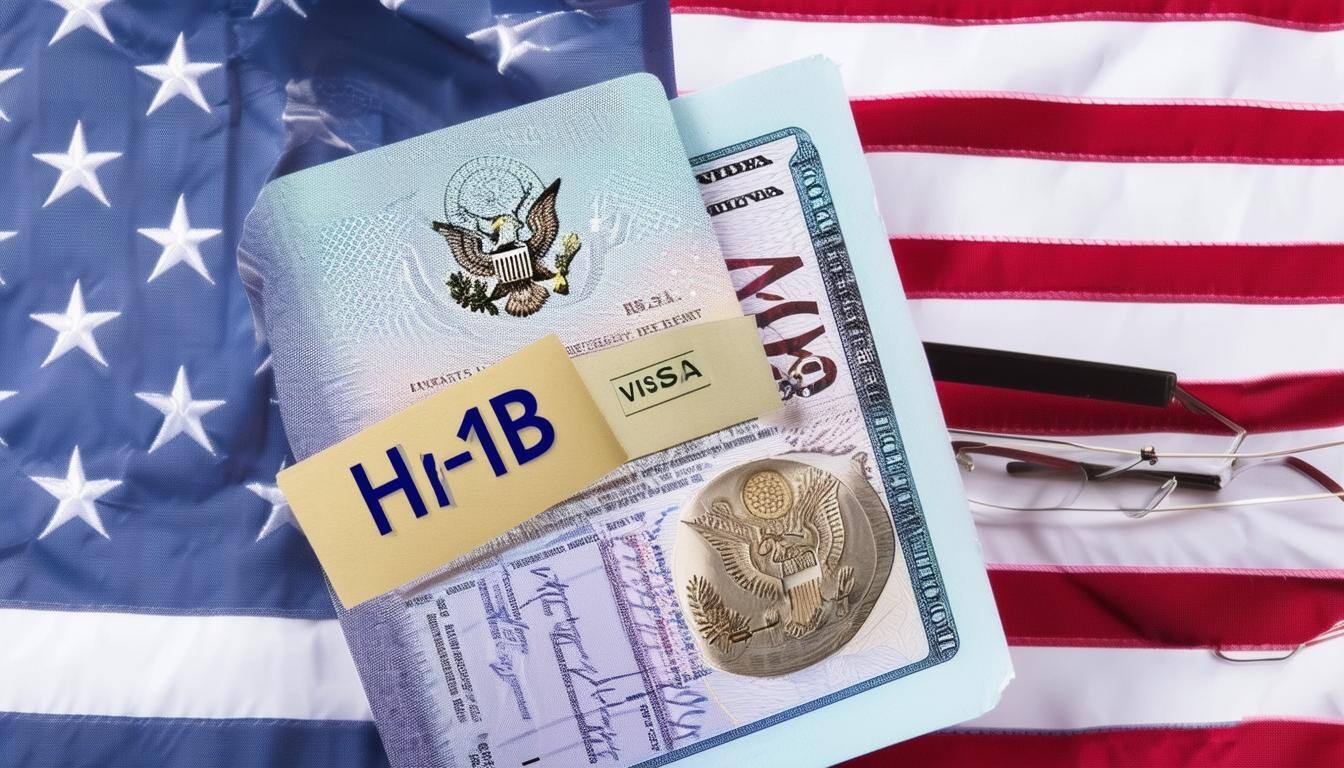H-1B Visa Lottery 2026 FY Results Out, Odds & Changes
As of March 24, 2025, the registration window for H-1B visas officially closes. This marks the end of a high-stakes period for thousands of foreign professionals hoping to secure one of the limited 85,000 spots in this year’s H-1B lottery.
As per USCIS, the lottery selection is scheduled between March 25 and March 30, with results already being shared on social media platforms like X and Red Book, and the final announcement expected by March 31.
Let’s break down the numbers—and what they actually mean for your chances.
The Odds: A Numbers Game with a Shrinking Window
In FY 2024, USCIS received 758,994 H-1B registrations, a jaw-dropping 147% increase from 2023. That surge was driven largely by duplicate and fraudulent entries—prompting USCIS to tighten the rules this year. For FY 2025, 470,342 registrations were deemed eligible. While that’s a 38.6% drop from the previous year, the selection rate was still slim: just 16.6%.
What could be the potential rate for FY 2026? According to GoElite's data and our analyst's projections, although demand is increasing, the qualifications and costs are also rising. Therefore, the success rate might remain similar to previous years but could be slightly lower, potentially around 23%.
Master’s Degree = Better Odds?
Applicants holding a U.S. master’s degree or higher have a distinct advantage. They get two shots at the lottery: first in the 65,000 regular cap, and if not selected, a second chance in the 20,000 Master’s Cap pool.
In the FY 2025 lottery (held in March 2024):
- Bachelor’s degree holders had about a 12.37% chance of being selected.
- Master’s degree holders had a 24.52% chance—nearly double.
If you’re in a STEM program or recently graduated with a U.S. advanced degree, your odds are still far from guaranteed, but significantly better.
Who’s Hiring?
Data from USCIS shows that the biggest winners of H-1B approvals (# of employees) last year were still tech giants, each of them has 3,000+ approvals:
- Amazon: 9,265
- Cognizant: 6,321
- Google: 5,364
- Meta: 4,844
- Microsoft: 4,725
- Apple: 3,873
Indian IT companies also topped the charts, with Infosys alone securing 8,140 H-1B visas.
What Status Will I See if I am Selected in the H-1B Lottery 2026 FY?
If you see "Selected," congratulations, you've won the lottery. If the status hasn't changed, it means you're still in the running, and the results might be released by the end of March, or you may find out in the second lottery. If the status shows "Not Selected," unfortunately, you'll need to consider alternative options. On April 12 and 13, we will host a summit, inviting all immigration experts to attend. Stay tuned for more information, which we will announce shortly.
What About the Second Lottery?
In recent years, USCIS has occasionally conducted a second round of H-1B selections—commonly known as the second lottery (normally held in summer)—when not enough initial registrants filed complete petitions or when petitions were denied or withdrawn. For example, in FY 2021 and FY 2022, second lotteries were held to fill the remaining cap. However, in FY 2023, USCIS only held one round due to an overwhelming number of initial filings. In FY 2024, multiple rounds were conducted again after USCIS flagged a high number of duplicate or fraudulent registrations. So far, FY 2025 had two round, as fewer eligible applications were submitted—dropping from 758,994 in FY 2024 to 470,342.
Considering historical data and the increased demand for H-1B visas, the likelihood of a second lottery this year may be reduced. The decision to hold a second lottery in FY 2026 will depend on the number of selected registrants who submit valid, complete petitions by the USCIS deadline.
What If You’re Not Selected?
If you’re not selected by the end of the fiscal year, your status in the U.S. could be at risk. USCIS will return petitions (and filing fees) that don’t make the cut. There’s no appeal process. However, employers can try again in future lotteries, or some workers may qualify for cap-exempt positions at universities, non-profits, or research institutions. If your current visa is going to expire, you can also enroll in a Day 1 CPT school to maintain your status and come back again next year.
What’s at Stake?
For many international students and early-career professionals, the war isn’t just a job application, it’s a shot at staying in the U.S. legally. F-1 students on OPT (Optional Practical Training) often face visa expiration within months if they aren’t selected. While STEM grads can extend for 24 months, it’s a temporary lifeline, not a long-term solution.
Failure to be selected in the lottery often means scrambling for alternatives: enrolling in another degree program (often Day 1 CPT), transitioning to a dependent visa, or leaving the country altogether.
How to Boost Your Chances If You Are Still a Student?
If you are an international student and seek to live and work in the US, it's time for you to think more about your future.
- Master’s Cap Eligibility: If you’re in a U.S.-based graduate program, confirm your eligibility for the advanced degree exemption.
- Submit Accurately: Any errors in your registration = instant disqualification.
- Employer Reputation: Work with a company that has a strong track record of successful H-1B filings.
- Hire an Immigration Attorney: The filing process is technical—don’t wing it. Legal guidance is worth every penny.
The H-1B system remains highly competitive and deeply uncertain. With registration closing today, thousands now wait for a chance that could change their lives—or force them to pivot fast. As always, preparation, timing, and strong legal support remain your best allies in navigating the odds.
We have officially launched the Forum! Once you register, you will get $10! Feel free to share your strategies and discuss your struggles with peers!
You May Also Like
These Related Stories

USCIS H-1B Visa Overhaul: New Rules for International Students and Professionals
-Apr-01-2025-06-47-44-0211-PM.jpg)
Elon Musk Clashes with MAGA Hardliners Over H-1B Visas and America’s Talent Gap

No Comments Yet
Let us know what you think